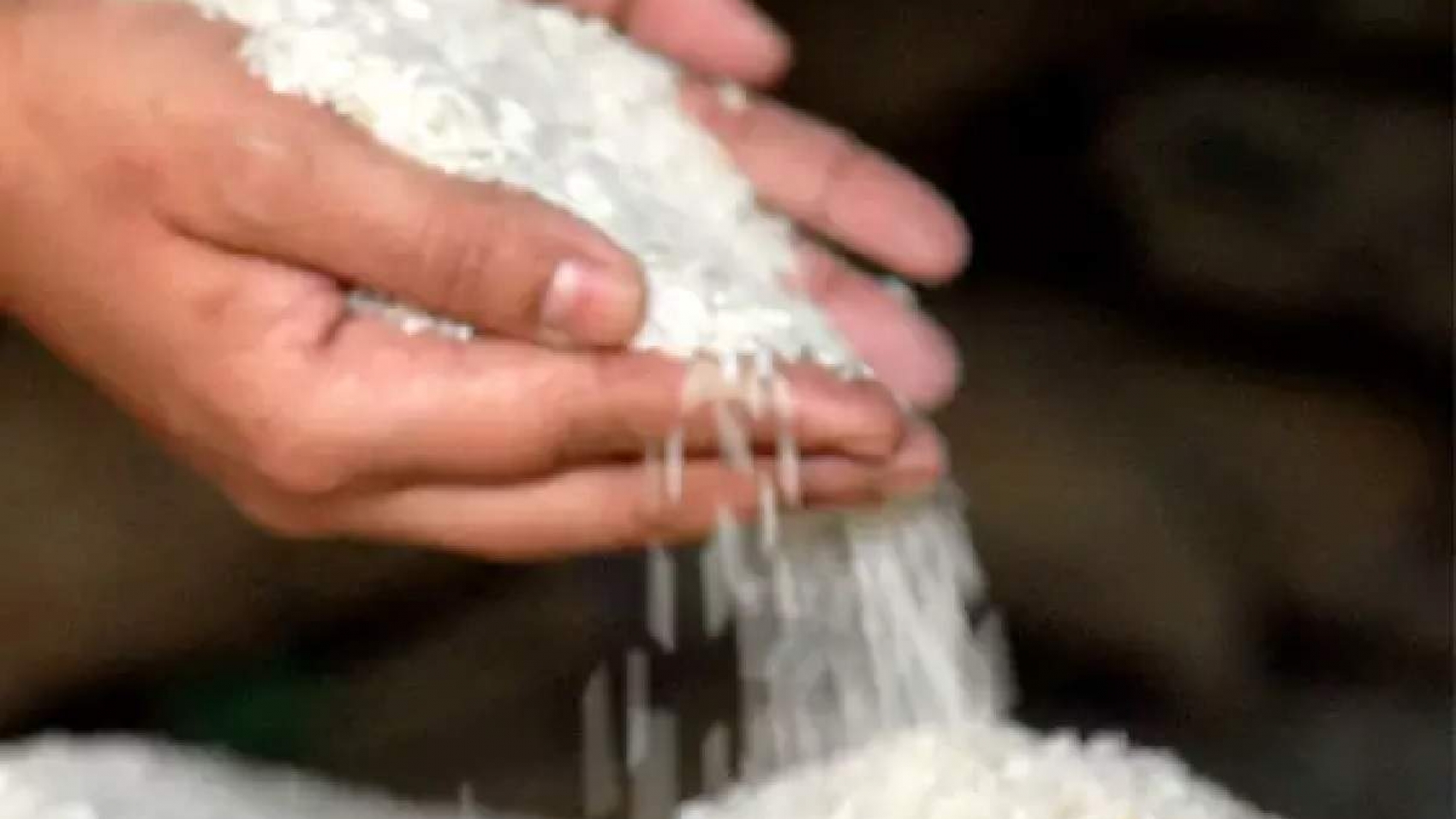The meeting (3/2021) of the Working Committee to address the impact of COVID-19 on the country’s economy was held in the afternoon of 30th March,2020. The meeting was chaired by U Aung Naing Oo, Union Minister for Investment and Foreign Economic Relations.
Members of the working committee Deputy Ministers, from Ministry of Planning, Finance, Industry, Ministry of Labour, Immigration and Population and Ministry of Commence, and representatives of the Ministries concerned joined the meeting.
In the meeting, the Union Minister highlighted that a six- month extension of the grace period of COVID loan under the guidance of the State Administration Council, the formation of monitoring teams in states and regions to scrutinize the use of COVID-19 loan by the businesses and the revision of functions of the working committee. The meeting also discussed matters relating to measures to address the economic impacts of the COVID-19 and further measures to proceed expeditiously.
Source: The Global New Light of Myanmar

